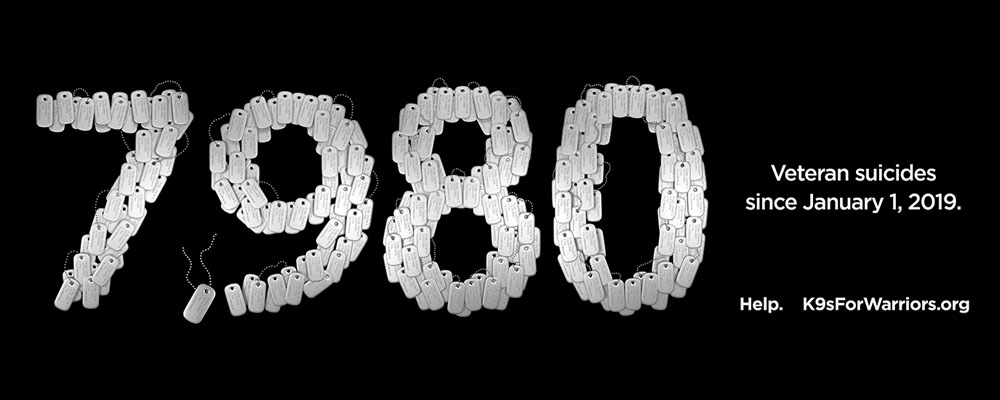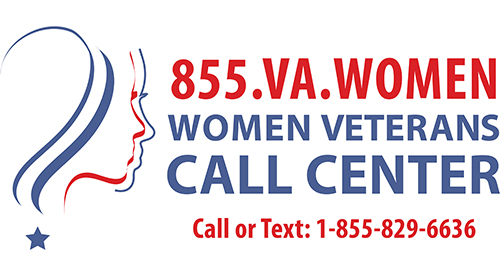
In 2014, an audit of 731 VA hospitals and clinics revealed that 57,000 patients have been waiting more than three months for medical appointments at hospitals run by the Department of Veterans Affairs, and nearly 64,000 others have been enrolled in the system for ten or more years, but have still not been seen by doctors regardless of their requests. At least 23 of these suicides have happened on a VA campus, some in the parking lot, after the veterans received inadequate care. Marine Col. Jim Turner, who shot himself on a VA campus in his service uniform, left a note that included the following message:

These saddening statistics are more than numbers – they are the loss of a father or mother, a son or a daughter, a friend or a partner. We as a nation are failing to help our veterans acclimate back into civilian life and the cost of not caring for our veterans is too high. Something must be done. Not years from now, but immediately in our future.
We are heartened to see the presence of bills and executive orders coming through our branches of government, but we still have a huge mountain to climb. Until there are zero veteran suicides, we will not be satisfied.
There are many organizations that dedicate their resources to helping veterans who suffer from post-war physical and mental ailments. I’m sure like us, they hope for a day where we do not need to exist, where veterans are cared for by the institutions that recruit them. But as our servicemen and women continue to struggle and stumble, we will continue to fight for their right to pursue treatment that works best for them. For us, that means having service dogs as an option for alternative or concurrent treatment.
For immediate help or assistance, call the Veteran’s Crisis Line. Many of the qualified and empathetic responders are veterans themselves and can help you find the helping hand you need:

For specialty help just for women veterans, call the Women’s Veterans Call Center:
-Do not be afraid to ask for help.
Your friends and family want to understand you and need your communication.
-Find a support group.
Talking with veterans who have been through what you’ve been through can be a great relief. Support groups can give you hope, increase your self-understanding, help you express your feelings, and let you be of help to other veterans who are struggling too.
-Make a safety plan.
Being prepared for when you start feeling overwhelmed can be of monumental help. Download, print, and keep a plan similar to this one here.
-Find professionals that understand.
To find a VA hospital or clinic near you, click here. If you are wanting to supplement your VA care plan, there are many organizations out there who want to help you. If you are interested in our program here at K9s For Warriors, fill out an application on our website here. We will pair you with a dog that will become your ‘battle buddy’, a four-legged friend that will be trained to help you through the complications of PTSD, TBI, or the effects of MST.
Check out a comprehensive list here at Veteran’s Families United that shows many amazing organizations willing to try and lift you up.
For more potential resources for help, including online support, check out this list of non-profits here.
- Be Informed
If you have a friend or family member who is struggling, find ways to reach out and speak with them here. It saves lives.
Whether you are a concerned citizen, a worried family member, or if you just want to be more informed, we have additional resources for you:
Suicide Prevention Resources: Air Force
Suicide Prevention Resources: Army
Suicide Prevention Resources: Marines
Suicide Prevention Resources: Navy


